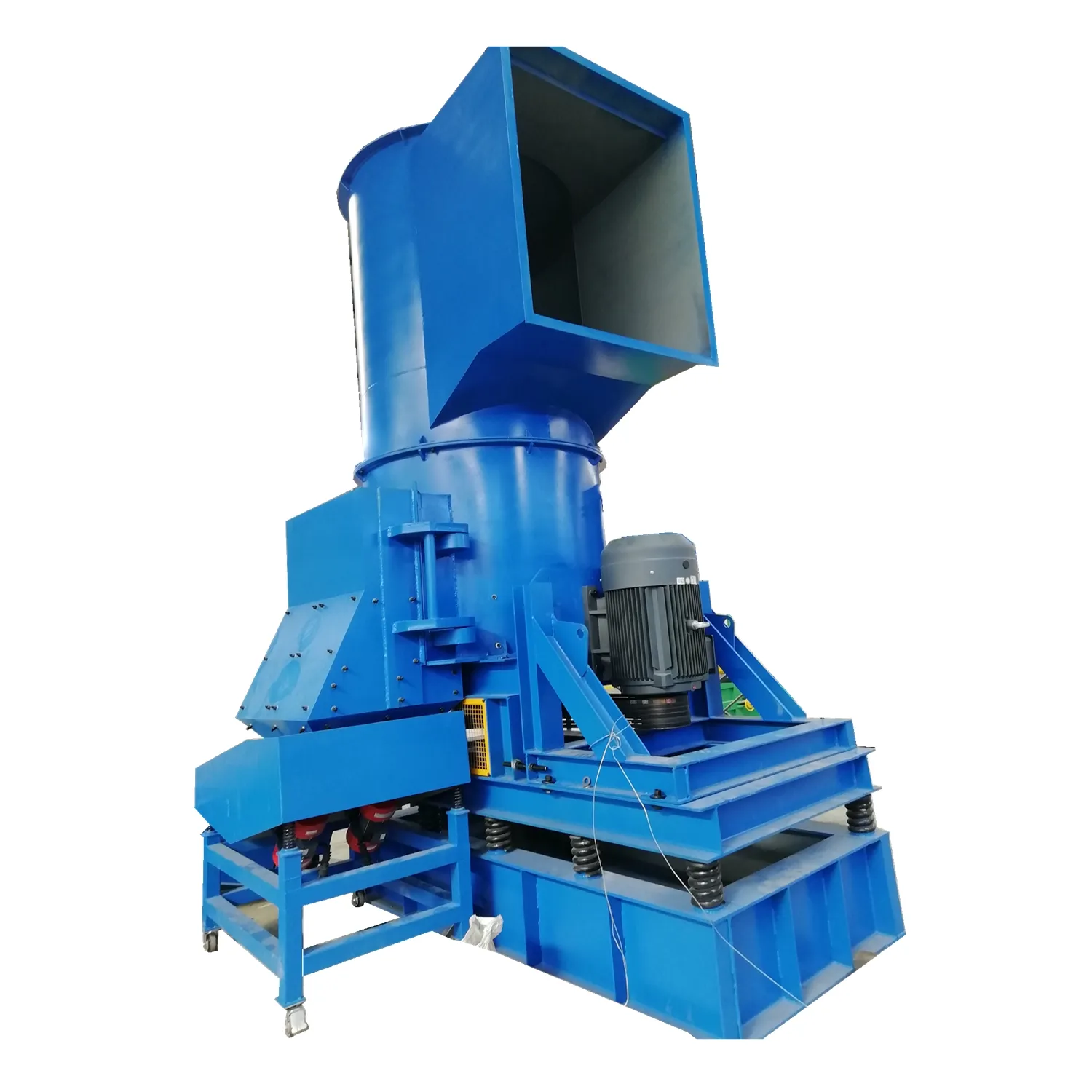
9 月 . 27, 2024 22:06 Back to list
The Importance of Metal Recycling Plants
In recent years, the significance of metal recycling has grown tremendously as we come to terms with the environmental impacts of waste accumulation and resource depletion. Metal recycling plants play a crucial role in this effort, serving as vital facilities that not only help minimize waste but also contribute to the economy and the sustainability of natural resources.
The Recycling Process
Metal recycling involves several stages. Initially, scrap metal is collected from various sources, including households, industrial operations, and construction sites. Once gathered, the metal is sorted by type, typically distinguishing between ferrous (containing iron) and non-ferrous metals (such as aluminum, copper, and brass). This sorting process is critical, as different metals require different recycling processes.
After sorting, the metals are cleaned to remove any contaminants such as plastics, rubber, or other non-metal materials. Once purified, the metals undergo shredding, which breaks them down into smaller pieces for easier handling. Following this, the shredded metal is melted down in furnaces that operate at extremely high temperatures. This molten metal can then be cast into new molds to create fresh metal products, ready to be used in construction, manufacturing, and various other applications.
Environmental Benefits
One of the most significant advantages of metal recycling plants is their positive environmental impact. By recycling metals, we significantly reduce the amount of waste that ends up in landfills. This not only lessens the burden on these sites but also diminishes the harmful emissions associated with landfill waste decomposition.
Additionally, recycling metal requires less energy compared to mining and processing new metal. For instance, recycling aluminum saves over 90% of the energy that would otherwise be consumed in primary production. This energy conservation translates to fewer greenhouse gas emissions, aiding in the fight against climate change. Furthermore, recycling conserves natural resources by minimizing the need for raw material extraction, which can lead to habitat destruction and biodiversity loss.
Economic Contributions

Metal recycling plants are not solely focused on environmental preservation; they also provide significant economic benefits. These facilities create jobs in various sectors, including collection, sorting, processing, and management. The recycling industry requires a diverse workforce, offering employment opportunities for individuals with different skill sets.
Moreover, metal recycling stimulates local economies. It supports businesses that depend on scrap metal, while also generating revenue from the sale of recycled materials. Recycled metals are often cheaper and more readily available than their newly mined counterparts, thereby creating a competitive advantage for industries that source recycled material.
Challenges and Innovations
Despite their numerous advantages, metal recycling plants face challenges. Fluctuating global metal prices can affect profitability, often making it difficult for some facilities to operate sustainably. Additionally, the increasing complexity of products made from multiple materials can complicate the recycling process.
However, technological advancements are helping to overcome these challenges. Innovations such as automated sorting systems and improved smelting techniques are enhancing the efficiency of recycling operations. Research into hydrometallurgy and other novel recycling methods continues to advance, aiming to make the process even more efficient and cost-effective.
Community Engagement and Education
Community involvement is also vital for the success of metal recycling plants. Educating the public about the importance of recycling and encouraging responsible waste disposal can lead to increased material recovery rates. Local recycling programs and initiatives can foster a culture of sustainability and environmental consciousness, making it easier for individuals to contribute to the recycling effort.
Conclusion
Metal recycling plants are indispensable in the modern world. They not only help combat environmental issues but also provide economic benefits and promote sustainable practices. As technology advances and awareness increases, the role of these facilities will likely continue to expand, further solidifying their place as a cornerstone of a sustainable future. Embracing metal recycling is not just an environmental necessity; it is a social and economic imperative that will shape the landscape of our world for generations to come.
Latest news
Unveiling the Power of Eddy Current Separator
NewsSep.25,2024
Transform Your Home Recyclin:home metal shredder
NewsSep.25,2024
The Future of Waste Management with Recycling Line Picker
NewsSep.25,2024
The Benefits of a Metal Recycling Plant
NewsSep.25,2024
Revolutionize Material Separation with Onwang Technology
NewsSep.25,2024
Innovative Waste Management: Unveiling the MSW Sorting Plant
NewsSep.25,2024